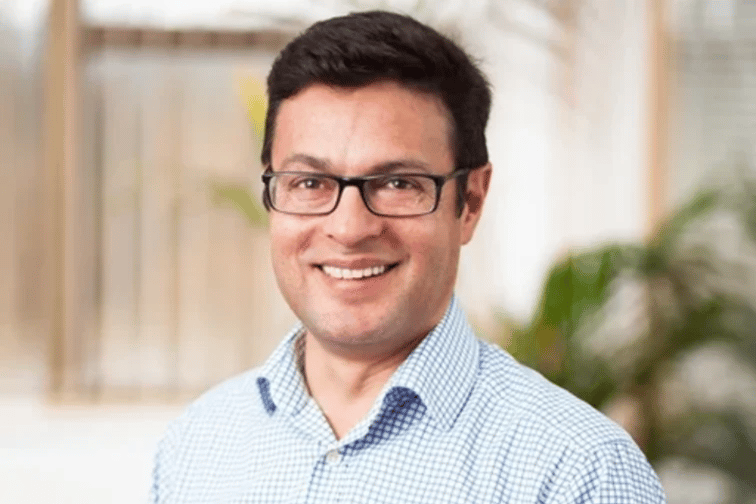

“Adapt or die” – it’s the warning that underpins all aspects of human evolution and the advancement of technology is no exception. In a report commissioned by the global SaaS solutions provider INSTANDA, specialists from across the world came together to call on the insurance industry to embrace the ‘once-in-a-generation opportunity’ they face to transform – or else risk being left behind.
Introducing the report during a launch event, INSTANDA CEO Tim Hardcastle (pictured) highlighted that it had been curated from a series of one-to-one interviews with 40 experts, including global software vendors, insurance consultants, insurers, MGAs and members of the insurtech community. INSTANDA opened up the floor to practitioners, advisors, consultants and membership associations alike, he said, in recognition of the importance of having an unbiased and unadulterated discussion on ‘Reimagining the digital insurance landscape’.
“[Our ambition was] to learn more, to see what perspectives there are and to see what things we can do better by learning more,” he said. “That’s what this report’s aiming to do. I think the goal is firstly, simply to reflect back on these opinions. And secondly to talk about, to agree with it or not, to say ‘those are the bits that I think make a lot of sense’. That’s the way that [as an industry], we’ll get improvement, because of that debate about how we can do things better.”
INSTANDA’s research revealed that consumers are largely indifferent to the insurance industry and are seeking out a more personalised experience. It’s been a challenge for a long time, noted Robyn Merttens, executive chairman of InsTech and a contributor to the report in a Q&A panel with Hardcastle, so why does it still remain such a pressing concern?
“I think everyone would agree there’s more that can be done for the customer,” Hardcastle said. “And I think a fascinating thing about the report is that all of the experts unanimously said the same thing. As we were taking this outside-in view of what the industry thinks… we thought it would make sense to widen that lens. Let’s not just talk to 40 people, let’s go and survey [the wider market].
“Interestingly, again, those perspectives were correlating very highly with the experts –‘I want a frictionless experience, I want more personalisation, I want something that means more to me.”
INSTANDA’s consumer research revealed that 26% (or 1 in 4) of respondents said they want to be able to make a claim easily, while 23% want to make policy changes on their own and 21% want products that are personalised to them. There’s clear alignment between what customers want and what experts throughout the insurance ecosystem recognise that customers want, Hardcastle said, so the demand for greater personalisation and reduced friction doesn’t come as a surprise.
“But why?” he asked. “Why are the customers still saying this when we’ve been talking about it in the industry for a long time? We could say maybe it's inflexible, old technology that doesn't allow you to do things that you'd like to do because it was not designed in a world when retail and self-service was so prevalent. Maybe you can say it's legacy processes and culture, that it’s the way we’ve always done things around here. I think that's a little bit too simplistic. Because if you look at some of the motor and home insurance offerings, they are very dynamic. So what's the challenge with the other lines?”
Part of the shift that has been unearthed by INSTANDA’s report is a paradigm shift, he said. The company is fortunate to work with a variety of different insurers and MGAs and so recognises that, when they start to think about their service as a retail service, that’s when these companies start to do really well. Because it’s a mindset shift that starts to change the paradigm of how they think about their market and their customers. It changes how they think about how to deliver personalised services which, in turn, precipitates the need for real-time data, driven by analytics and flexible technology.
“It’s more a paradigm [shift] that companies need to make,” he said. “And not all of them can do that easily. If you’ve read the actual academic research around our paradigm shifts, you know they take a long time. I think that's no different for insurance but there's there are a lot of vanguard companies - outside of home and motor - that are really starting to change their thinking to more retail-directional ways of working.”
